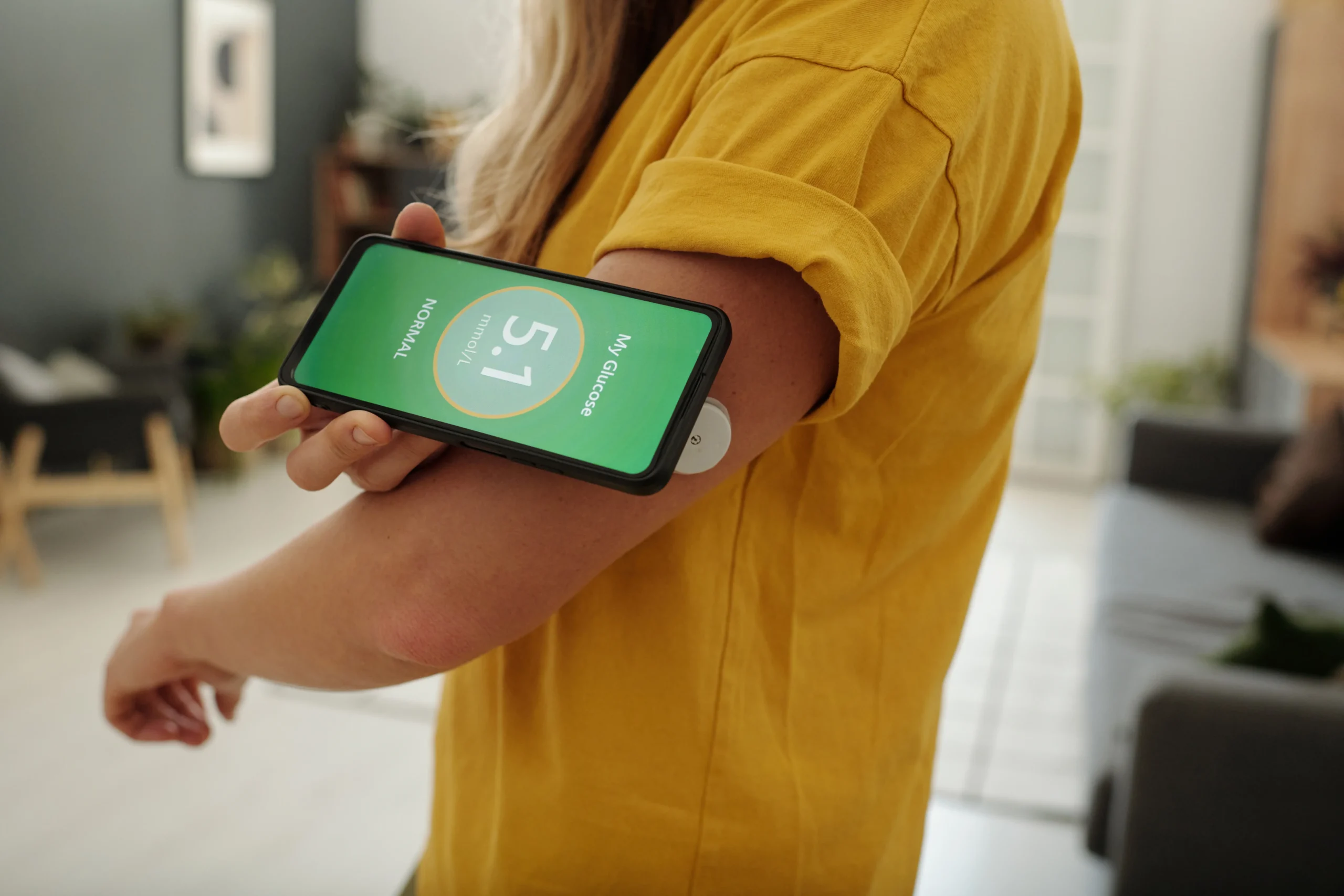-
Themes & Sections
All themes
- About us
- EUPHAnxt
Translate
Use Google to translate this website. We take no responsibility for the accuracy of the translation.












